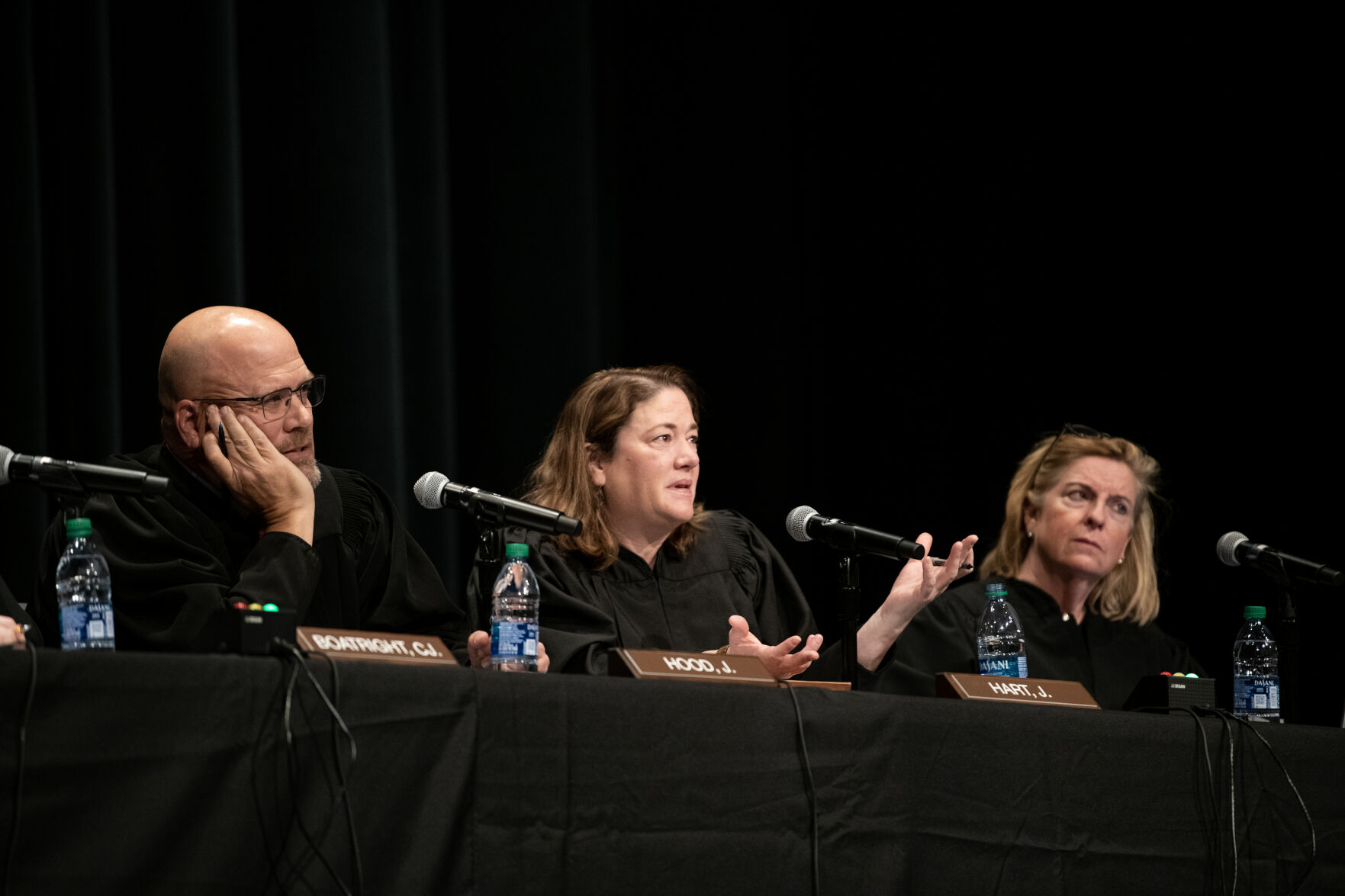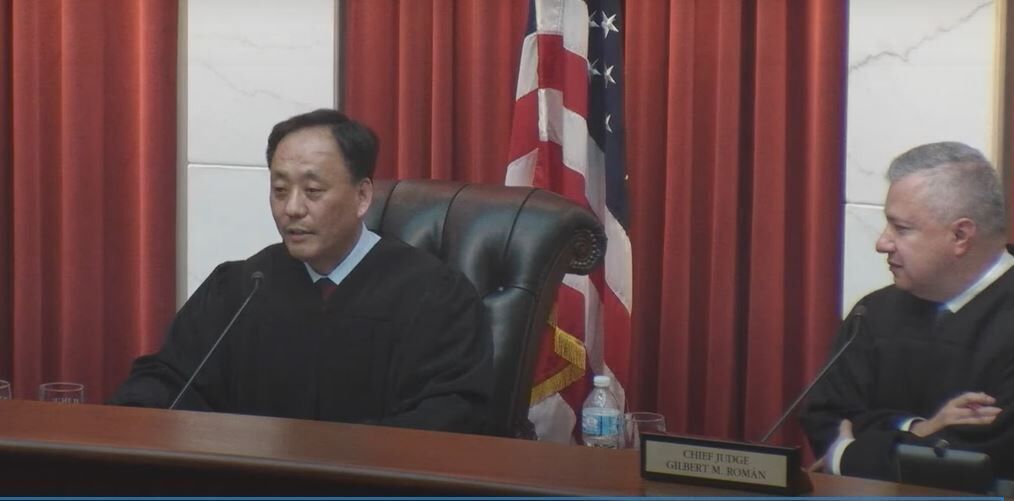Colorado Supreme Court rules, 4-3, state’s oil and gas regulators not empowered to resolve contract dispute

By 4-3, Colorado’s Supreme Court on Monday ruled the Colorado Oil and Gas Conservation Commission does not have the authority to resolve a contract dispute between a well operator in Garfield County and those who are owed royalties from the extraction operations, putting a stop to a half-decade of ping-ponging between venues.
The majority’s decision was a victory for those who own mineral rights and for the COGCC, which insisted it does not have the resources or expertise to handle contract interpretation in addition to its mission of regulating oil and gas production.
The case questioned the breadth of the commission’s jurisdiction. Although the legislature has empowered it to hear cases involving money owed from oil and gas extraction, that authority does not extend to “a bona fide dispute over the interpretation of a contract.”
Justice Melissa Hart, writing for the majority, explained that any dispute requiring a decision-maker to ascertain the meaning of a contract amounts to “interpretation” that the law prohibits for the COGCC.
“The most sensible reading of these provisions together is that once parties whose mineral interests are the subject of a lease agreement have raised a nonfrivolous, genuine dispute about a contract term, jurisdiction to interpret that contract lies with the courts, and not with COGCC,” she explained in the March 27 opinion.
Justice Carlos A. Samour Jr. tore into that rationale in a sharply-worded dissent. He believed an unambiguous contract needs no interpretation, and the majority had simply offloaded unnecessary work onto the trial courts.
“Rather than put its proverbial foot down to prevent the Commission from wrongly passing the buck to our overburdened and overworked district courts, the majority empowers the Commission to evade responsibility specifically delegated to it by the legislature,” Samour wrote for himself and Justices William W. Hood III and Maria E. Berkenkotter.
The case involved three lawsuits brought against Antero Resources Corporation that were consolidated into one. The plaintiffs, composed of individuals and companies, owned a financial stake in gas wells operated by Antero in Garfield County. They alleged Antero had underpaid them based on the sale of the gas.
The cases initially came before District Court Judge Denise K. Lynch, who ruled in 2017 that the plaintiffs needed to go to the COGCC first, as the terms of the Antero agreements were unambiguous and did not require a contract interpretation.
The commission disagreed, writing that it “does not have the process or resources to conduct such complex and involved royalty disputes,” which a court ought to resolve.
Antero then asked a Denver judge to review the COGCC’s refusal to take jurisdiction. Then-District Court Judge Morris B. Hoffman doubled down on Lynch’s interpretation and returned the case to the COGCC, finding no ambiguity in the agreements that would require the COGCC to violate the law and adjudicate a “bona fide dispute.”
Once more, the Court of Appeals reversed direction and sent the case back to the trial court for resolution, believing the parties’ disagreements did amount to bona fide conflict not suited for the COGCC.
After the Supreme Court agreed to hear the case, the commission argued the focus of its regulation is not on post-extraction activity. It suggested the COGCC could hear, for instance, a disagreement about the proper amount of a tax deduction from a royalty payment – if the contract laid out the terms.
The law “was enacted to resolve a systemic problem that royalties were not being paid on time or in the correct amount,” wrote the Colorado Attorney General’s Office. “The intent of the Legislature was to provide royalty owners with a simple, efficient process to enforce their right to a royalty – not to create a different forum for contract disputes over the amount of a royalty.”
The Supreme Court’s majority agreed that in Antero’s case, the parties contested certain terms of the contracts that COGCC is not authorized to hear.
“When parties, like those here, disagree about the meaning of agreements they have entered, the courts are the appropriate forum for resolution of these contract disputes,” Hart wrote.
Samour blasted the majority for confusing the interpretation of an unclear contract with the application of a clear contract. The two trial judges had found there was no need for interpretation, and Samour accused the majority of absolving the COGCC from having to carry out its obligations.
“In my view, those orders were spot-on and shouldn’t have been second-guessed, much less by two different appellate courts,” he argued.
The Colorado Alliance of Mineral and Royalty Owners also weighed in to the Supreme Court on behalf of the Antero plaintiffs, arguing the judicial process would better protect the rights of royalty owners.
The case is Antero Resources Corporation v. Airport Land Partners, Ltd.














